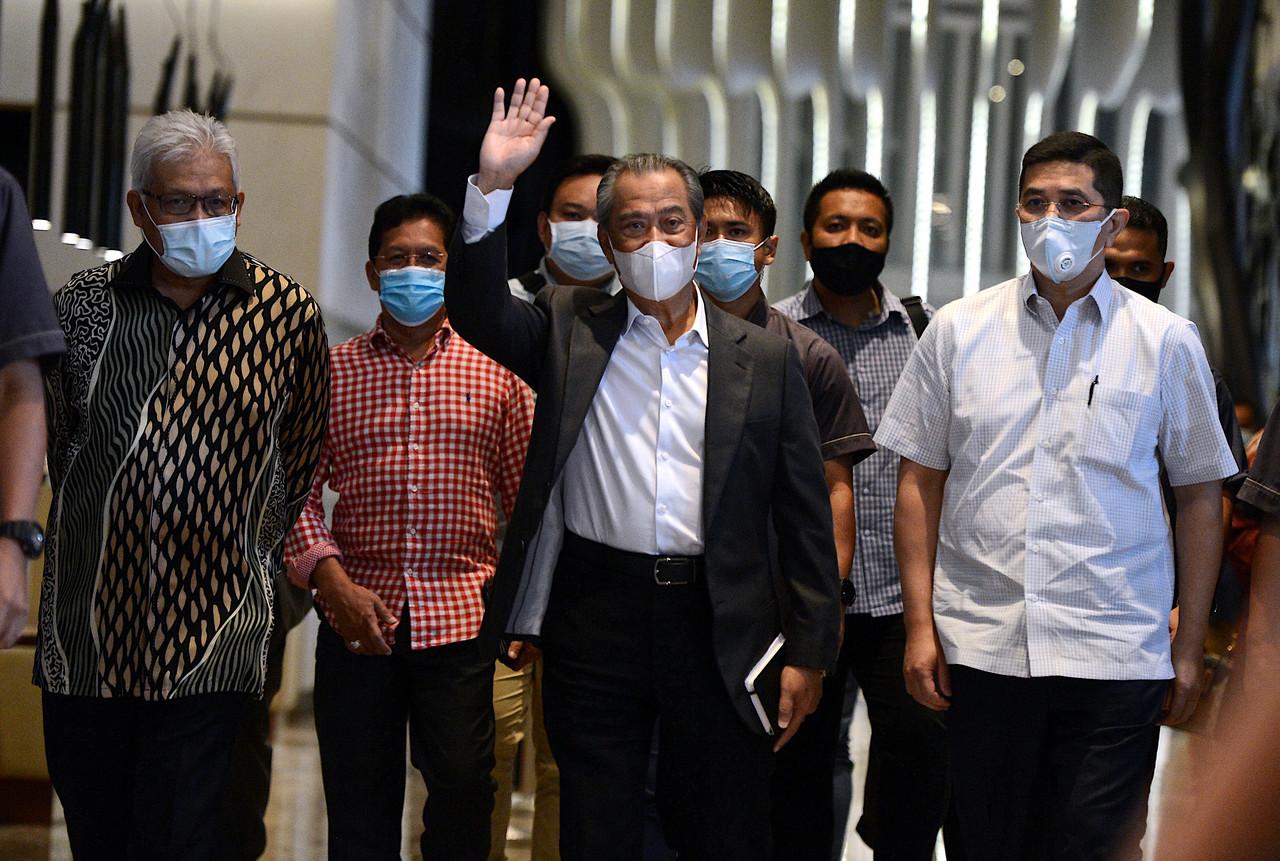See the good from Sheraton Move, PH supporters told
Political scientist Wong Chin Huat says even an event like the Sheraton Move, which saw the collapse of the PH government, may have 'positive unintended consequences'.
Just In
A frequent critic of the government has called on opposition supporters to “get down off their moral high horse” and count the positive effects of the abrupt change of government a year ago which saw Muhyiddin Yassin appointed as prime minister following the collapse of Pakatan Harapan’s (PH) administration.
Wong Chin Huat, a political scientist at Sunway University’s Jeffrey Cheah Institute on Southeast Asia, said the positive aspects include Umno being forced to embrace free speech and democracy, subjects which the party had snubbed in the past.
At the same time, he said the aftermath of the Sheraton Move – a series of meetings which set the stage for a new Malay-dominated government – had brought about a new era of coalition politics that are not cast in stone with parties willing to make compromises.
“Let me be useful in showing you what is not often told – because the world is complex, (and) even a bad event like the Sheraton Move may have positive unintended consequences,” Wong wrote on Malaysiakini, adding that he was giving his views at the risk of being condemned by the portal’s loyal readers.
He said opposition supporters should look at the “unintended and unexpected gains”, and not indulge in “despair or self-righteousness” by constantly mocking Muhyiddin’s administration as a “backdoor government”.
Wong listed six “gains” for Malaysia in the wake of the so-called Sheraton Move in February 2020.
At the top of the list is that warring Malay politicians in the current ruling bloc have dispelled the assumption that the previous PH government was unstable due to tensions between its Malay and non-Malay components.
“But Umno, Bersatu and PAS are bickering every day like three brothers after the same love interest, the Malay voters. They are anything but united,” Wong said, giving an analogy for Muhyiddin’s government as as “rehab programme on our addiction of communalism”.
“Maybe the prime minister is after all a ‘Malaysian First’ undercover,” said Wong, referring to a statement by Muhyiddin years ago that his race takes precedence over his Malaysian nationality.
He said Umno now has “no choice” but to talk about moderation, parliamentary democracy, press freedom and rule of law.
He said the voices of dissenting Umno politicians within the PN government are also a good development for the Malay party.
Wong also said the failure of PH to treat the opposition fairly when it was in power had now come back to haunt the coalition.
He said among others, the PH government had failed to give equal constituency allocations to opposition MPs.
However, he said PH has now been demanding equal allocations in return for a “ceasefire” amid coup attempts by PKR chief Anwar Ibrahim and Dr Mahathir Mohamad.
He said this could be seen in Perak, Johor and Perlis, where the Umno-led state governments granted better financial allocations for opposition-held constituencies.
He said political parties are also willing now to make compromises on policies in order to ensure power-sharing in the absence of absolute majorities.
“If party A proposes a tax rate of 10% and party B only 5%, both parties can claim victory to their constituency if they form a coalition government that settles for 7.5%,” he added.
He said the next election may see different sets of alliances in different states.
“GE15 may also produce different post-election coalition governments at the federal level and also across different states, thus decentralising even political parties.”
Subscribe to our newsletter
To be updated with all the latest news and analyses daily.
